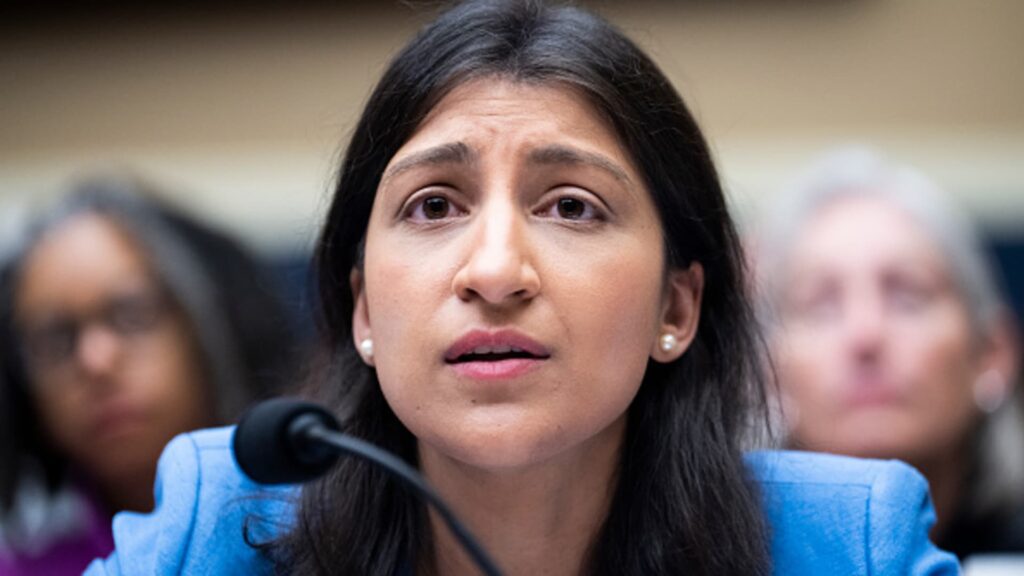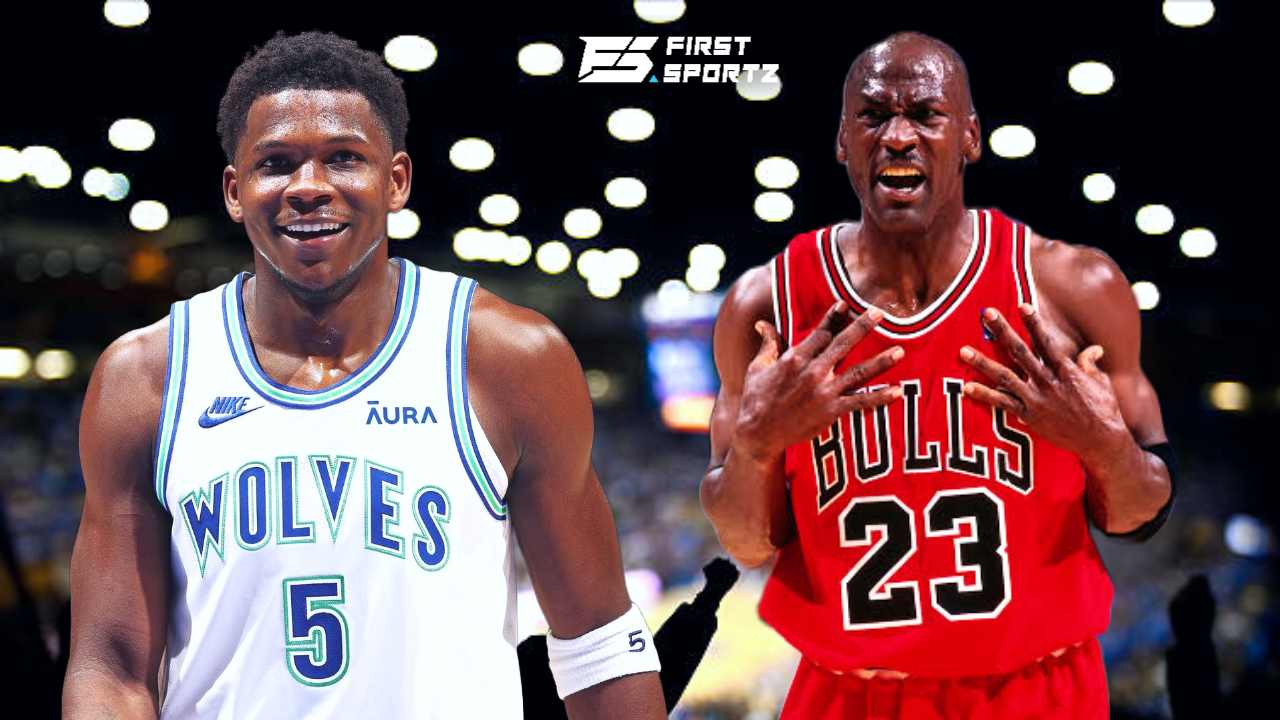Microsoft-Activision Deal: FTC Files Appeal

Table of Contents
The FTC's Concerns and Arguments
The FTC's initial opposition to the Microsoft-Activision merger stemmed from significant antitrust concerns. The commission argued that the acquisition would give Microsoft an unfair advantage, stifling competition and potentially harming consumers. Their primary argument centered on the potential for Microsoft to leverage its ownership of Activision Blizzard's popular franchises, particularly Call of Duty, to gain an insurmountable lead in the console gaming market.
The FTC highlighted the following potential harms:
- Reduced competition among game consoles: By securing exclusive rights or preferential treatment for Call of Duty and other Activision Blizzard titles on Xbox, Microsoft could significantly weaken competition from Sony's PlayStation and other platforms.
- Higher prices for gamers: Reduced competition often leads to higher prices for consumers, as there's less pressure on companies to offer competitive pricing.
- Less innovation in the gaming industry: A less competitive market can stifle innovation as companies have less incentive to develop new and better products.
- Potential for Microsoft to leverage its market power: Microsoft's immense market power, combined with Activision Blizzard's portfolio of successful games, could be used to exclude competitors and limit consumer choice.
The Judge's Ruling and its Implications
In July 2023, a US District Judge ruled in favor of Microsoft, dismissing the FTC's attempt to block the acquisition. The judge's decision emphasized a lack of sufficient evidence to support the FTC's claims of substantial harm to competition. The ruling highlighted the judge's belief that Microsoft's proposed remedies, such as ensuring Call of Duty remains available on PlayStation, sufficiently addressed the FTC's concerns.
Key aspects of the judge's ruling included:
- Key points of the judge's decision: The judge found the FTC failed to demonstrate that the merger would substantially lessen competition in the video game market.
- Legal precedents cited in the ruling: The judge referenced various antitrust precedents, emphasizing the need for strong evidence of harm to competition.
- Market response to the ruling: The ruling sent positive shockwaves through the market, with Microsoft's stock price seeing a boost, and analysts generally reacting favorably.
The FTC's Appeal: Arguments and Strategy
Despite the favorable ruling, the FTC chose to appeal the decision, signaling their strong belief in the potential harm of the Microsoft-Activision deal. Their appeal likely focuses on challenging the judge's interpretation of the antitrust laws and presenting additional evidence to support their claims. The FTC's strategy might involve:
- Specific points of law the FTC will challenge: The appeal will likely challenge the judge's assessment of the evidence and interpretation of relevant antitrust statutes.
- Evidence the FTC will present: The FTC may submit additional data and expert testimony to strengthen their case.
- Potential timelines for the appeal process: The appeal process could take months, even years, to complete.
- Expert opinions on the likelihood of success: Legal experts have offered varying opinions on the FTC's chances of success, with the outcome remaining uncertain.
Potential Outcomes and Impact on the Gaming Industry
The FTC's appeal carries significant implications for the gaming industry.
- Scenario: FTC wins the appeal: This would block the Microsoft-Activision deal, potentially leading to significant financial repercussions for both companies and impacting the competitive landscape of the gaming market.
- Scenario: FTC loses the appeal: This would solidify the merger, potentially setting a precedent for future mergers and acquisitions in the tech industry and impacting how future antitrust cases are handled.
- Wider impact on the gaming industry's competitive landscape: The outcome of the appeal will have far-reaching consequences for the balance of power in the gaming industry and the types of deals that might be pursued in the future.
Conclusion: Microsoft-Activision Deal: FTC Appeal – What's Next?
The Microsoft-Activision Deal has traversed a complex legal path, culminating in the FTC's appeal of a judge's decision. The FTC's concerns regarding reduced competition, higher prices, and less innovation are significant. The outcome of this appeal will dramatically reshape the gaming landscape and influence future antitrust enforcement. The appeal process will be long and complex, requiring close monitoring. Stay informed about this crucial development by following reputable news sources like the Wall Street Journal, Bloomberg, and the FTC's official website for updates on the Microsoft Activision merger, the Activision Blizzard acquisition, and the ongoing antitrust debate. The future of gaming may well depend on it.

Featured Posts
-
 Latest On Anthony Edwards Will He Suit Up Against The Lakers
Apr 29, 2025
Latest On Anthony Edwards Will He Suit Up Against The Lakers
Apr 29, 2025 -
 Jan 6 Hearing Star Cassidy Hutchinson To Publish Memoir This Fall
Apr 29, 2025
Jan 6 Hearing Star Cassidy Hutchinson To Publish Memoir This Fall
Apr 29, 2025 -
 Is This The New Quinoa Exploring The Latest Health Food Trend
Apr 29, 2025
Is This The New Quinoa Exploring The Latest Health Food Trend
Apr 29, 2025 -
 Ukraine War North Koreas First Acknowledged Troop Deployment To Russia
Apr 29, 2025
Ukraine War North Koreas First Acknowledged Troop Deployment To Russia
Apr 29, 2025 -
 Parole Hearing Looms For Ohio Doctor Convicted Of Killing Wife 36 Years Ago
Apr 29, 2025
Parole Hearing Looms For Ohio Doctor Convicted Of Killing Wife 36 Years Ago
Apr 29, 2025
Latest Posts
-
 Ohio Doctors Murder Conviction Sons Emotional Journey Before Parole Decision
Apr 29, 2025
Ohio Doctors Murder Conviction Sons Emotional Journey Before Parole Decision
Apr 29, 2025 -
 Parole Hearing Looms For Ohio Doctor Convicted Of Killing Wife 36 Years Ago
Apr 29, 2025
Parole Hearing Looms For Ohio Doctor Convicted Of Killing Wife 36 Years Ago
Apr 29, 2025 -
 36 Years Later Ohio Doctors Son Confronts Fathers Past Ahead Of Parole Hearing
Apr 29, 2025
36 Years Later Ohio Doctors Son Confronts Fathers Past Ahead Of Parole Hearing
Apr 29, 2025 -
 Son Grapples With Emotion As Ohio Doctor Convicted Of Wifes Murder Faces Parole
Apr 29, 2025
Son Grapples With Emotion As Ohio Doctor Convicted Of Wifes Murder Faces Parole
Apr 29, 2025 -
 Ohio Doctors Parole Hearing Sons Struggle 36 Years After Mothers Murder
Apr 29, 2025
Ohio Doctors Parole Hearing Sons Struggle 36 Years After Mothers Murder
Apr 29, 2025
